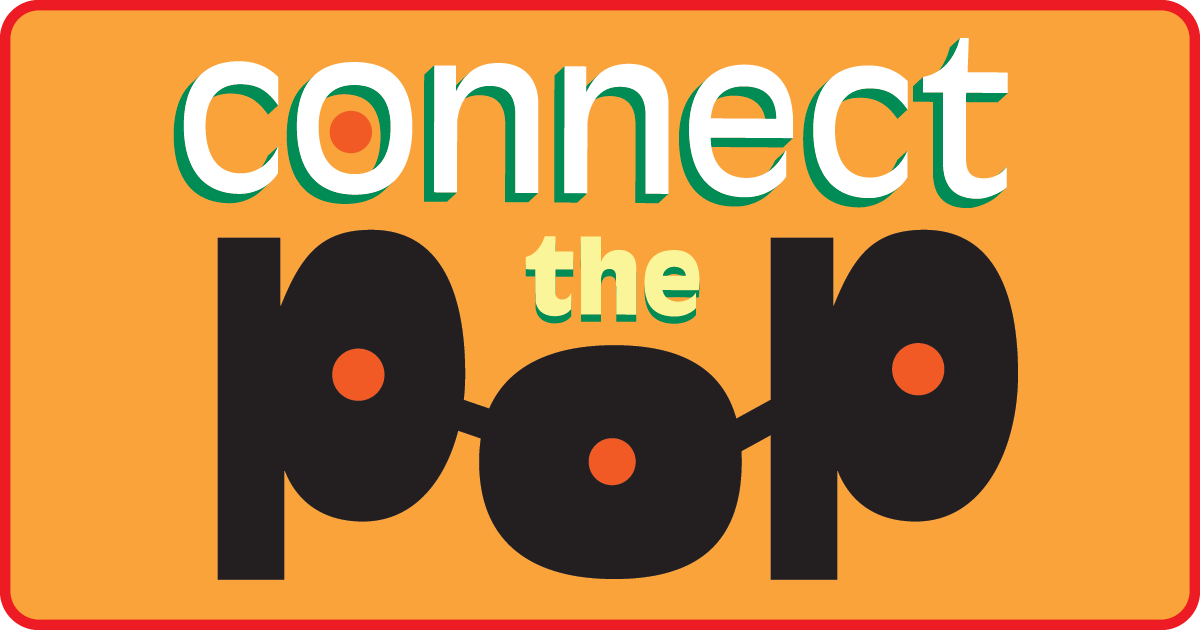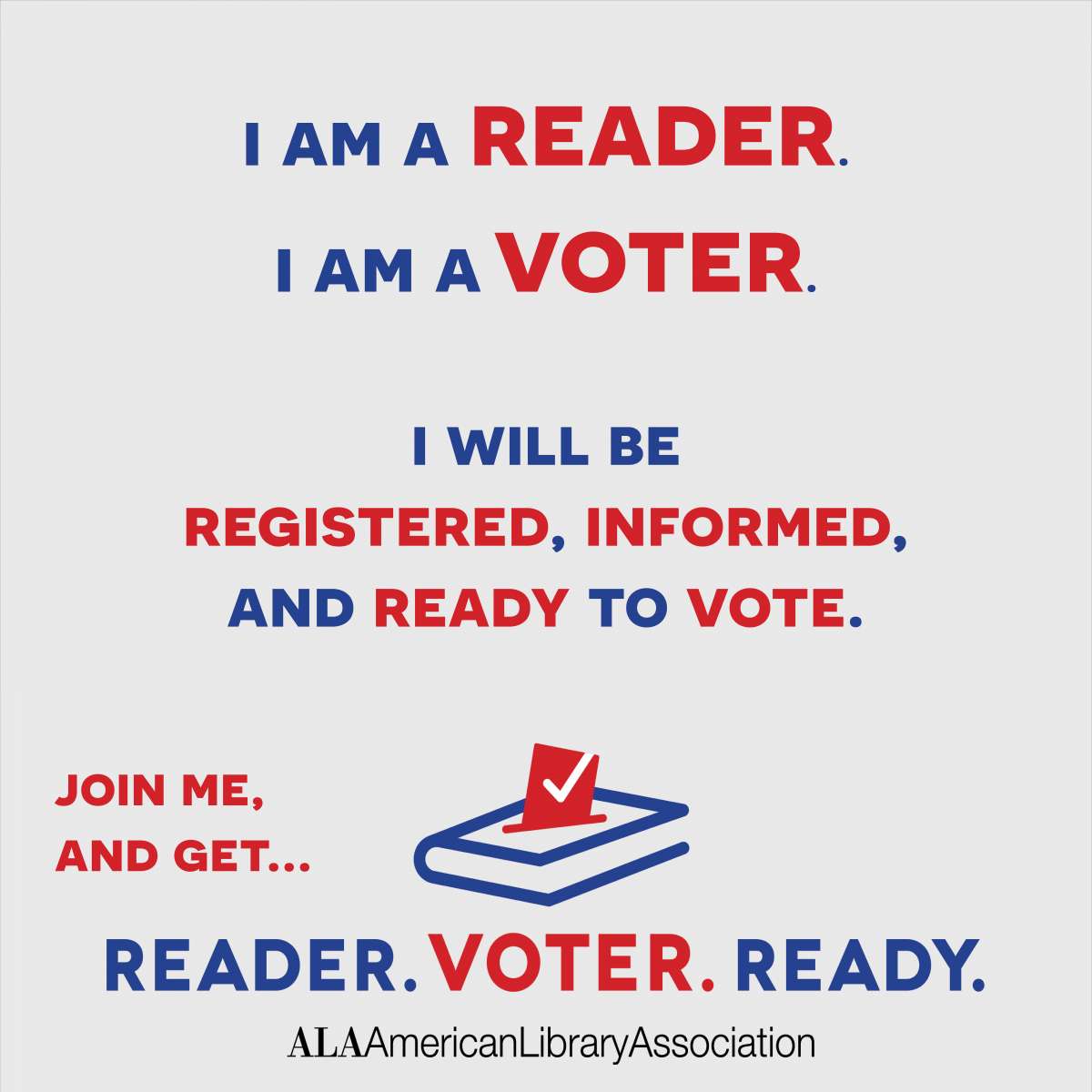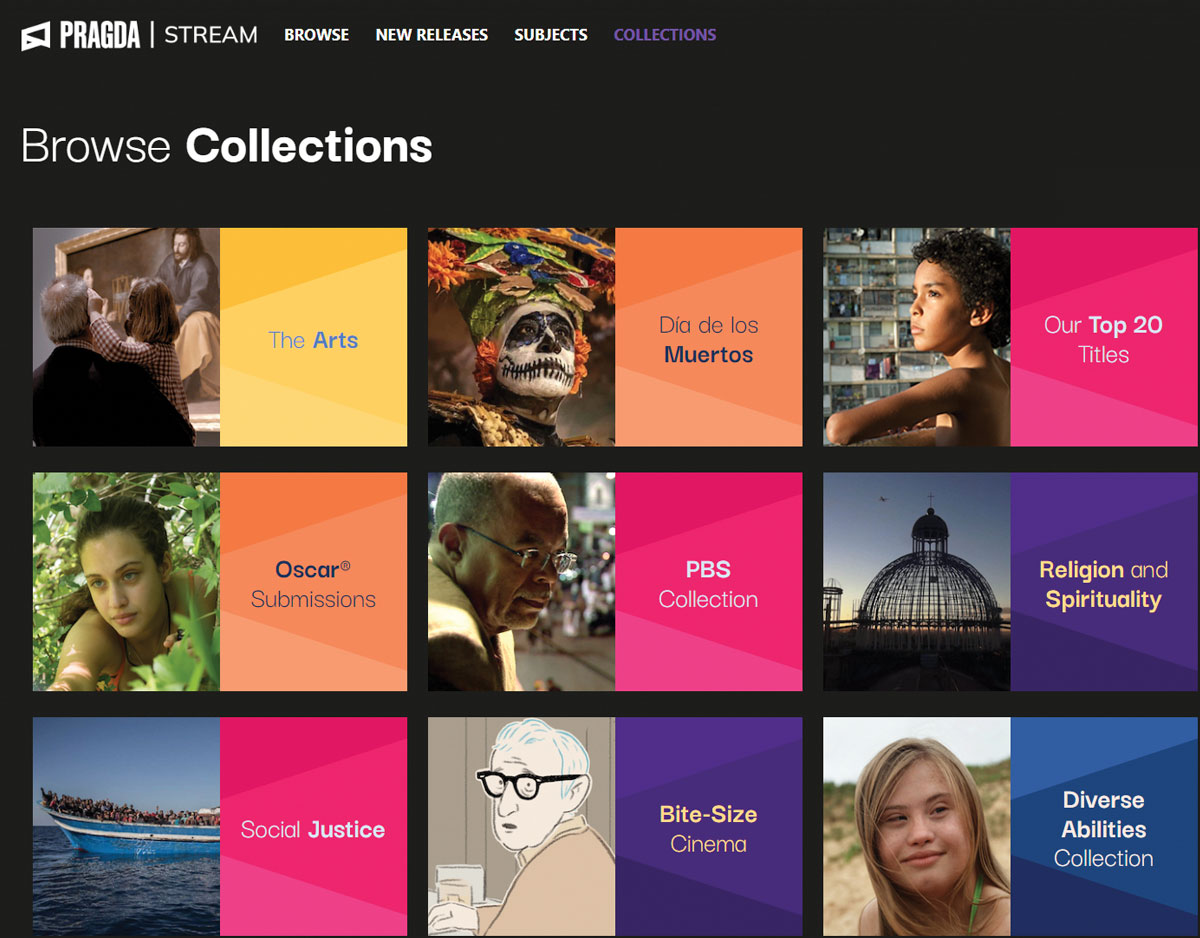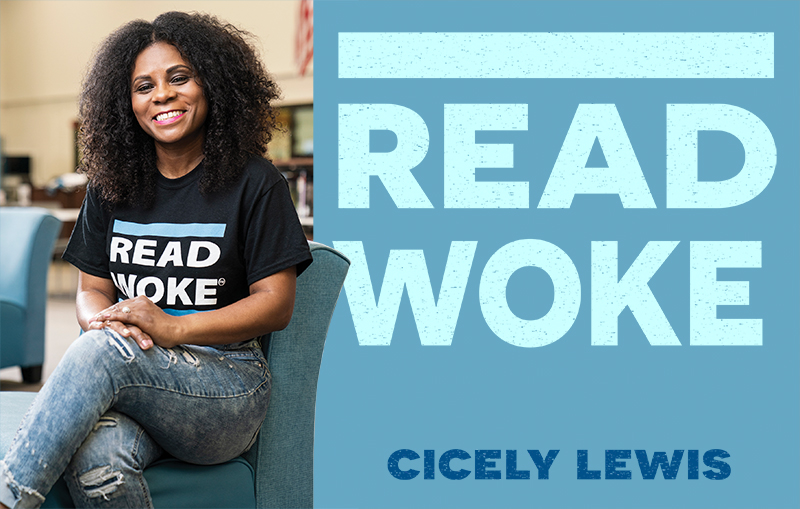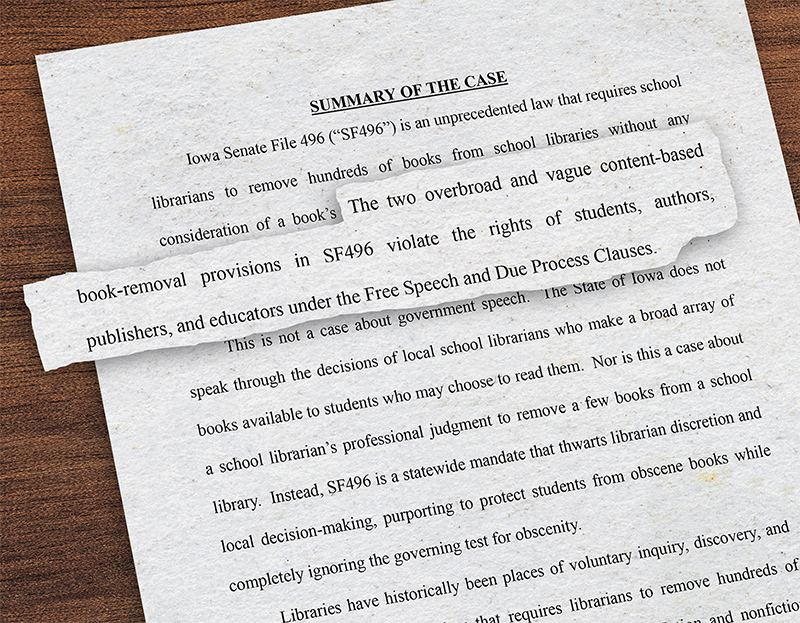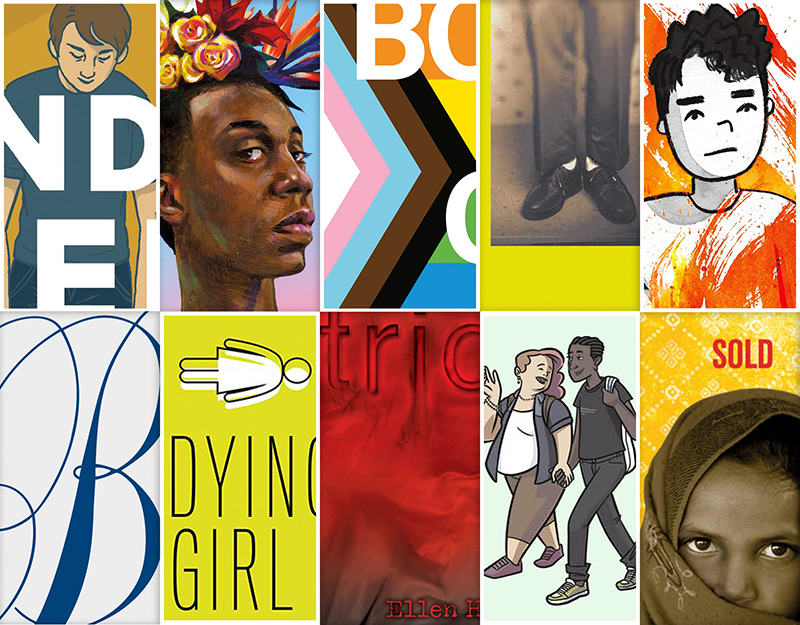SCROLL DOWN TO READ THE POST
New NCTE Research Brief Aligns Perfectly with Pop Culture Fandom… and Libraries
 Thank goodness for The Council Chronicle.
Thank goodness for The Council Chronicle.
This publication from the National Council of Teachers of English keeps me up-to-date on all the neat things that are going on in literacy/reading instruction—otherwise I might get hopelessly lost in a pop culture stupor. The September issue has been particularly helpful in that it contains a resounding confirmation of a thesis I’ve been trumpeting for some time now… that young people’s fannish pursuits should be more fully incorporated into teaching-and-learning environments—and that librarians are in a unique position to lead the charge.
Of course NCTE’s Policy Brief on “Reading Instruction for All Students” doesn’t mention terms such as fandom and transliteracy outright. But they’re there all right. Take a look for yourself; in fact, here’s the full PDF.
ADVERTISEMENT
ADVERTISEMENT
Want the short version? Okay, here are all three bullets under the heading “What we know about our students as readers”… and my parenthetical cartwheels following them.
- Students come to reading tasks with varied prior reading experiences,or prior knowledge, which can support their reading of complex texts. (Yes! We just need to help them connect what they already know—and how they already read—with the demands of existing curriculum.)
- Students who are engaged and motivated readers read more often and read more diverse texts than students who are unmotivated by the reading task. (Engagement and motivation? That’s fandom in a nutshell—so if you want to reach students, you might want to start on their intellectual turf more often.)
- Students who develop expertise with a particular kind of reading—science fiction or online games, for example—outside of school may not think this kind of reading will be valued by their teachers. (SF and gaming? Of course… and also TV series, Webcomics, the horror genre, anime, and the rest of pop culture for that matter. And, as always, let’s not forget about sports.)
The librarian’s role in all this starts to become more and more clear as we move into the next section, “What we know about the texts students read.”
- In and out of school, the texts students read vary significantly, from linear text-only books to multimodal textbooks to online hypertexts, each of which places different demands on readers and requires different strategies and approaches to reading.
- Students read texts from a variety of disciplines, so content area literacy is important.
- The level of difficulty or complexity in a text is not the only factor students consider in choosing texts; interest and motivation also matter.
- Readability or lexile levels can vary significantly within a single text, so it is important to consider other dimensions of textual complexity.
See it now? The issues that today’s school and youth librarians are only too familiar with—helping students process information across platforms/media, supporting learning/reading across the disciplines, and matching personal interests to suitable texts and curricular content?
And that’s just the start, mind you. Actually, the document really is a “brief”—it’s just four pages long, and the sections that cover the implications for instruction, assessment, and PD continue in this vein. Again, I encourage you to check out the full text… we’re on the right track, it tells us. Let’s just keep inviting others to join us.
[Full disclosure: The author of this post has been a member of NCTE’s Spokesperson’s Network for several years now, and is an unabashed cheerleader for the organization.]
Filed under: English, Fandom, New Media, Transliteracy
About Peter Gutierrez
A former middle school teacher, Peter Gutierrez has spent the past 20 years developing curriculum as well as working in, and writing about, various branches of pop culture. You can sample way too many of his thoughts about media and media literacy via Twitter: @Peter_Gutierrez
ADVERTISEMENT
SLJ Blog Network
The Moral Dilemma of THE MONSTER AT THE END OF THIS BOOK
Cover Reveal and Q&A: The One and Only Googoosh with Azadeh Westergaard
Winnie-The-Pooh | Review
A Reading Community: A Love Letter to Local Independent Bookstores, a guest post by Heather Del Piano
The Classroom Bookshelf is Moving
ADVERTISEMENT
ADVERTISEMENT

